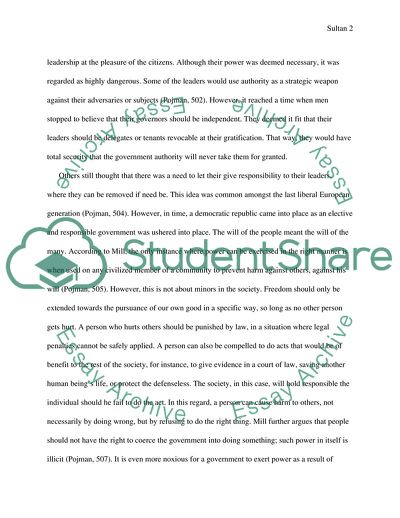Cite this document
(Political Philosophy Correction Coursework Example | Topics and Well Written Essays - 2000 words, n.d.)
Political Philosophy Correction Coursework Example | Topics and Well Written Essays - 2000 words. https://studentshare.org/philosophy/1794451-political-philosophy-correction
Political Philosophy Correction Coursework Example | Topics and Well Written Essays - 2000 words. https://studentshare.org/philosophy/1794451-political-philosophy-correction
(Political Philosophy Correction Coursework Example | Topics and Well Written Essays - 2000 Words)
Political Philosophy Correction Coursework Example | Topics and Well Written Essays - 2000 Words. https://studentshare.org/philosophy/1794451-political-philosophy-correction.
Political Philosophy Correction Coursework Example | Topics and Well Written Essays - 2000 Words. https://studentshare.org/philosophy/1794451-political-philosophy-correction.
“Political Philosophy Correction Coursework Example | Topics and Well Written Essays - 2000 Words”. https://studentshare.org/philosophy/1794451-political-philosophy-correction.


